
RET inhibitors displayed promising efficacy and a tolerable safety profile in patients with non–small cell lung cancer harboring RET alterations.

Your AI-Trained Oncology Knowledge Connection!


RET inhibitors displayed promising efficacy and a tolerable safety profile in patients with non–small cell lung cancer harboring RET alterations.
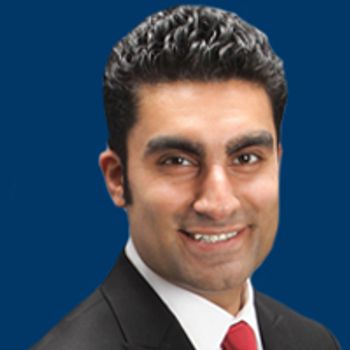
Harmeet S. Bedi, MD, discusses the important role of pulmonologists in the diagnosis and management of patients with lung cancer.
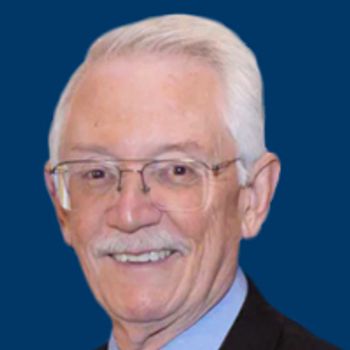
Although the predictive utility of minimal residual disease has yet to be fully realized in non–small cell lung cancer, it has the potential to guide treatment decisions in earlier lines of treatment, including the adjuvant setting.
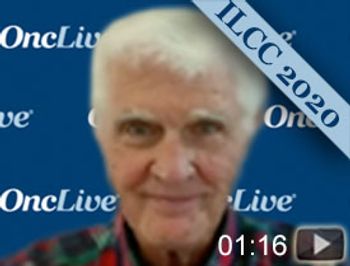
Paul A. Bunn, Jr, MD, highlights encouraging data with fam-trastuzumab deruxtecan-nxki in HER2-mutant non–small cell lung cancer.
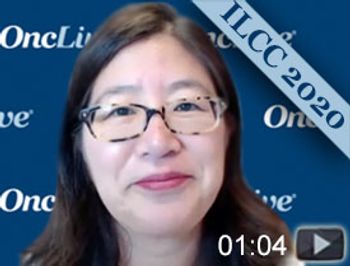
Anne Chiang, MD, PhD, discusses unanswered questions with immunotherapy in non–small cell lung cancer.

Although platinum-based chemotherapy given concurrently with a PD-L1 inhibitor has become the standard of care for the frontline treatment of patients with extensive-stage small cell lung cancer, investigators have found that maintenance immunotherapy and combination strategies have fallen short of expectations.
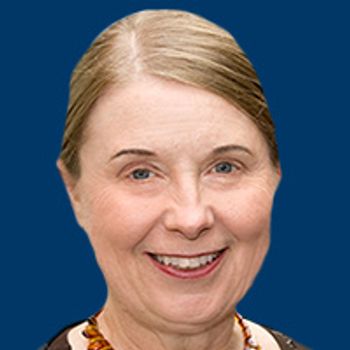
The introduction of tyrosine kinase inhibitor therapy earlier in the treatment timeline for patients with EGFR-mutant non–small cell lung cancer holds the promise of improving overall survival for this patient population.
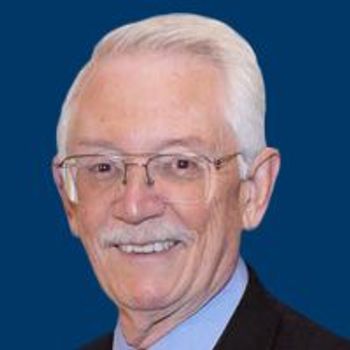
David R. Gandara, MD, discusses the current state of tumor mutational burden in lung cancer, ongoing research further examining the utility of this biomarker, and challenges to address with future research.
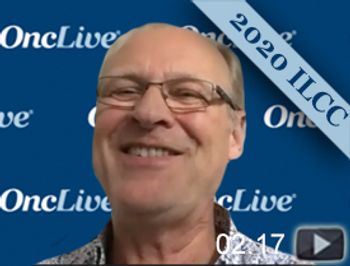
Paul Baas, MD, PhD, discusses recent updates in immuno-oncology within the field of mesothelioma.

Benjamin P. Levy, MD, discusses the efficacy of crizotinib (Xalkori) versus entrectinib in ROS1-rearranged lung cancer.

Charu Aggarwal, MD, MPH, discusses the current state of treatment for patients with ALK-positive non–small cell lung cancer, the utility of liquid biopsy, and remaining questions that need to be addressed in the space.
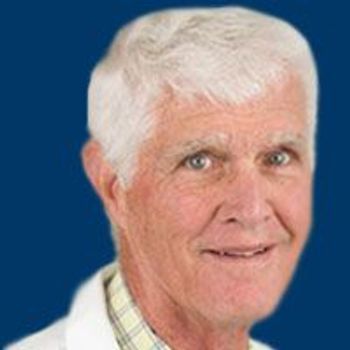
Although antibody-drug conjugates have yet to receive regulatory approval in the lung cancer space, several emerging agents are showing early promise in clinical trials.

Clinical data shows that the TRK inhibitors entrectinib and larotrectinib induce high response rates with favorable toxicity profiles and central nervous system penetration, and are a viable treatment option for patients with advanced TRK fusion-positive cancers.
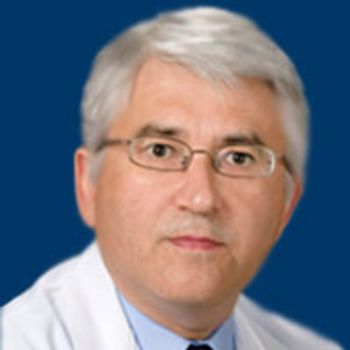
Ignacio I. Wistuba, MD, discusses the clinical importance of histological subtyping of lung cancer and additional parameters such as driver alterations, alternative methods for molecular testing, and immunotherapy-related biomarkers have strengthened the diagnostic and treatment paradigms in lung cancer.

In non–small cell lung cancer, single cell analytics, genome editing, and next-generation animal models represent just some of the modern modalities advancing translational research.

The disease-free survival benefit observed with the third-generation EGFR TKI osimertinib as an adjuvant treatment in patients with EGFR-mutant non–small cell lung cancer in the phase 3 ADAURA trial is striking.
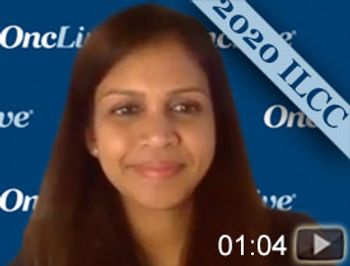
Charu Aggarwal, MD, MPH, discusses emerging treatment approaches in ALK-positive non–small cell lung cancer.
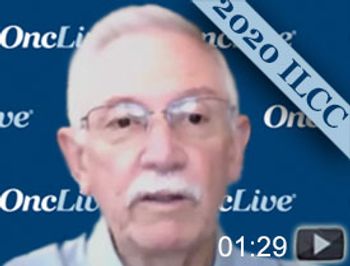
David R. Gandara, MD, discusses the utility of tumor mutational burden in non–small cell lung cancer.
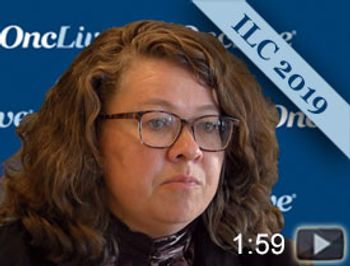
Lyudmila A. Bazhenova, MD, medical oncologist, professor of clinical medicine, University of California, San Diego, discusses new developments in RET-rearranged non–small cell lung cancer.
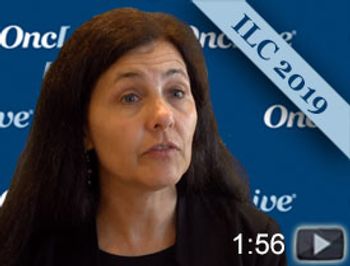
Heather A. Wakelee, MD, professor of medicine (oncology), Stanford University Medical Center, discusses osimertinib and its role in treating patients with EGFR-mutant non–small cell lung cancer.

With the arrival of immunotherapy to the small cell lung cancer armamentarium, combination approaches with targeted therapies are now in the pipeline to stimulate further clinical activity, such as adding PARP or CHK1 inhibitors.

The magnitude of data becoming available on immunotherapy combinations for patients with non–small cell lung cancer has made treatment selection complicated.
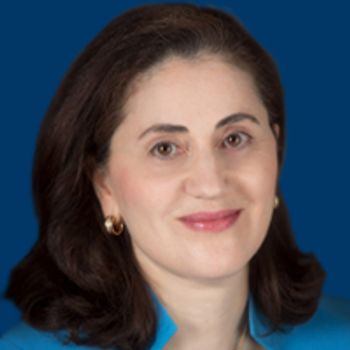
The early potential shown with the KRAS inhibitor AMG 510 coupled with several promising ongoing combination studies has ushered in the beginning of an exciting era for the treatment of KRAS-mutant non–small cell lung cancer.
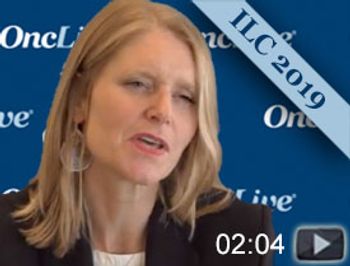
Solange Peters, MD, PhD, of University Hospital Center Vaudois and Lausanne University in Switzerland, discusses the rapid advances in the lung cancer field and the importance of using biomarkers to create personalized immunotherapy treatments for patients.
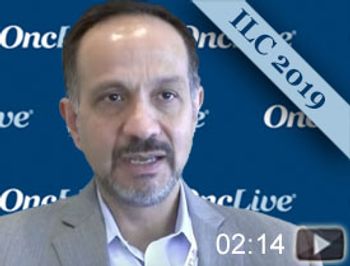
Hossein Borghaei, DO, MS, chief of the Division of Thoracic Medical Oncology, professor of the Department of Hematology/Oncology, and co-director of the Immune Monitoring Facility at Fox Chase Cancer Center, discusses recent announcements from the CheckMate-227 trial in non–small cell lung cancer.

The frontline standard of care for patients with EGFR-mutant non–small cell lung cancer remains an EGFR TKI, most commonly osimertinib in the United States.

Checkpoint inhibitors in the neoadjuvant setting, as consolidation post-chemoradiation, or in combination with concurrent chemoradiation, are all strategies actively being pursued in the locally advanced non–small cell lung cancer setting.
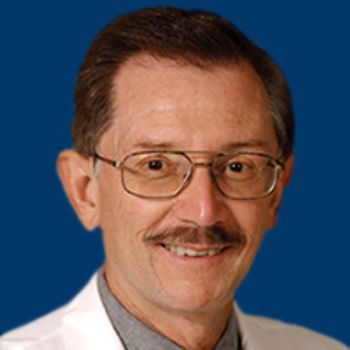
The future generation of agents in lung cancer should be evaluated in improved predictive biomarker-driven trials to identify patients who are most likely to benefit or have detriment for both TKIs and checkpoint inhibitors.
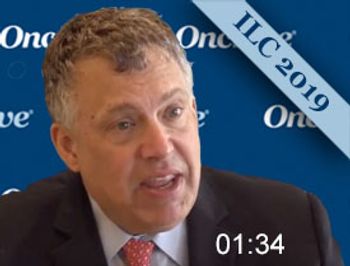
Roy S. Herbst, MD, PhD, chief of medical oncology, professor of medicine, Yale Cancer Center, Smilow Cancer Hospital, discusses combinations with immunotherapy in lung cancer.
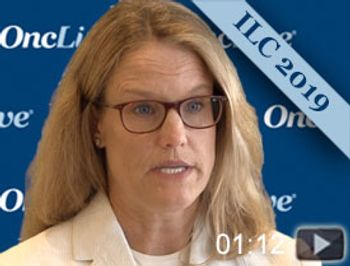
Karen L. Reckamp, MD, MS, discusses pivotal findings with the highly selective MET inhibitors, tepotinib and capmatinib in patients with MET exon 14-altered advanced non–small cell lung cancer.